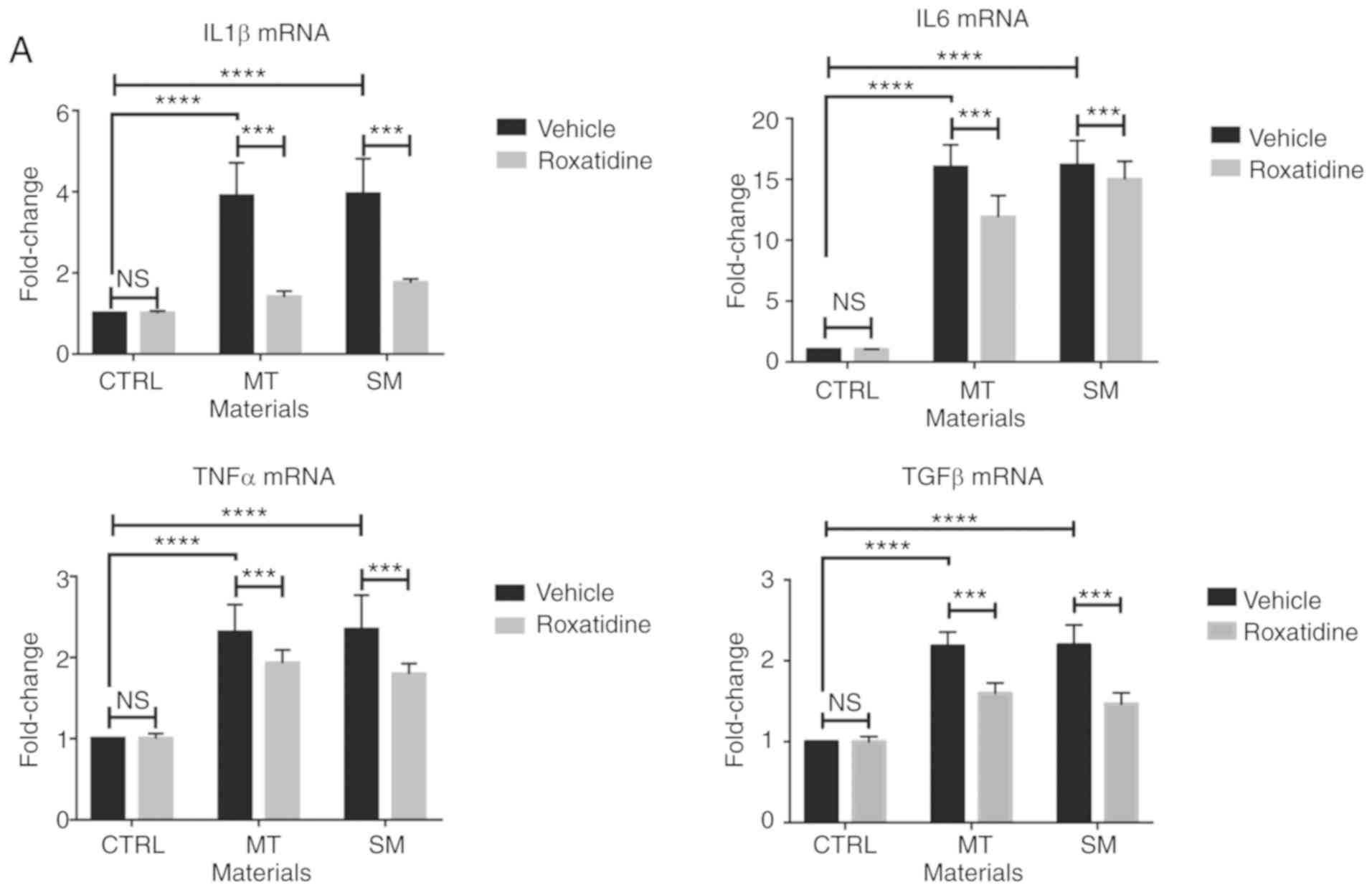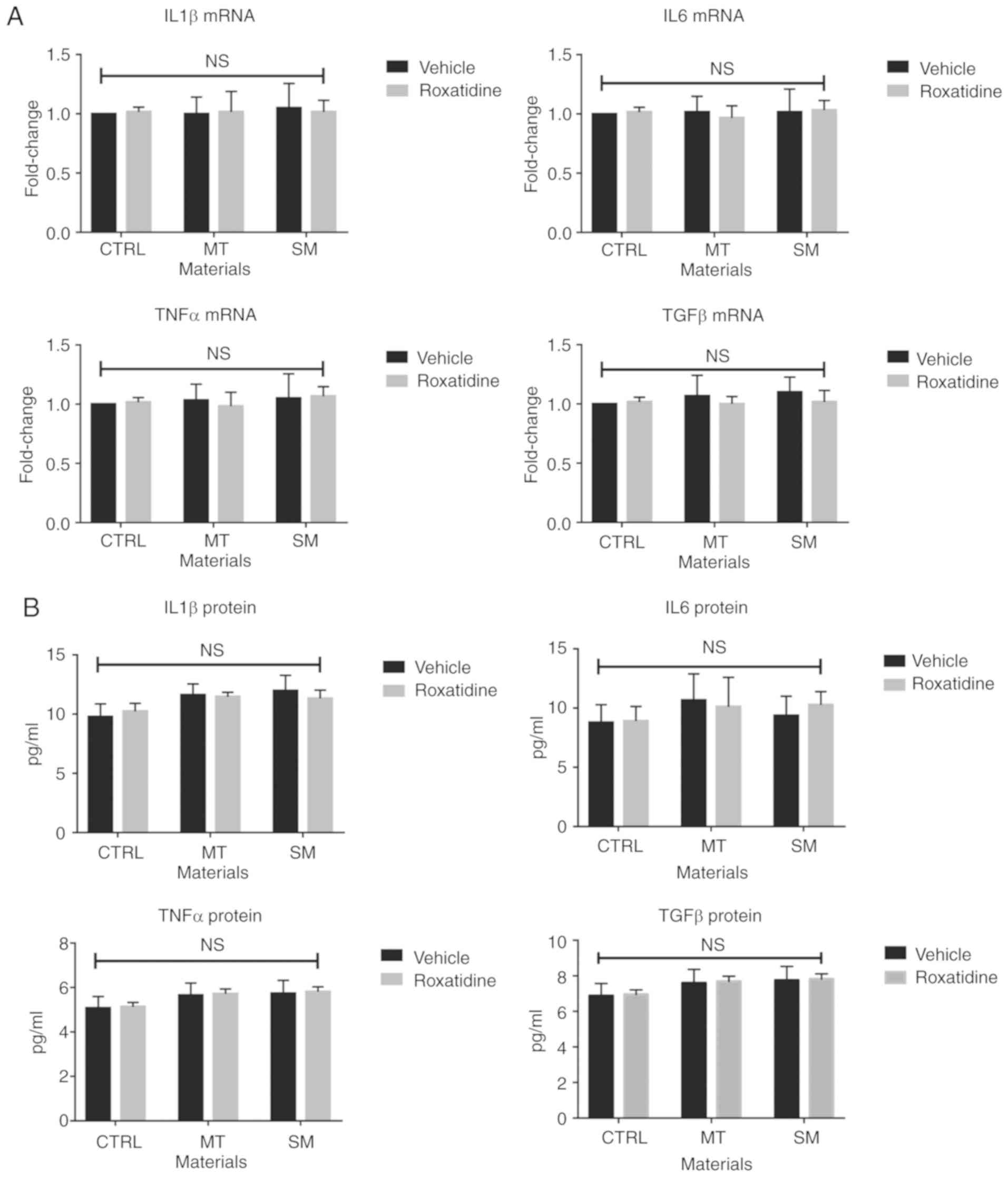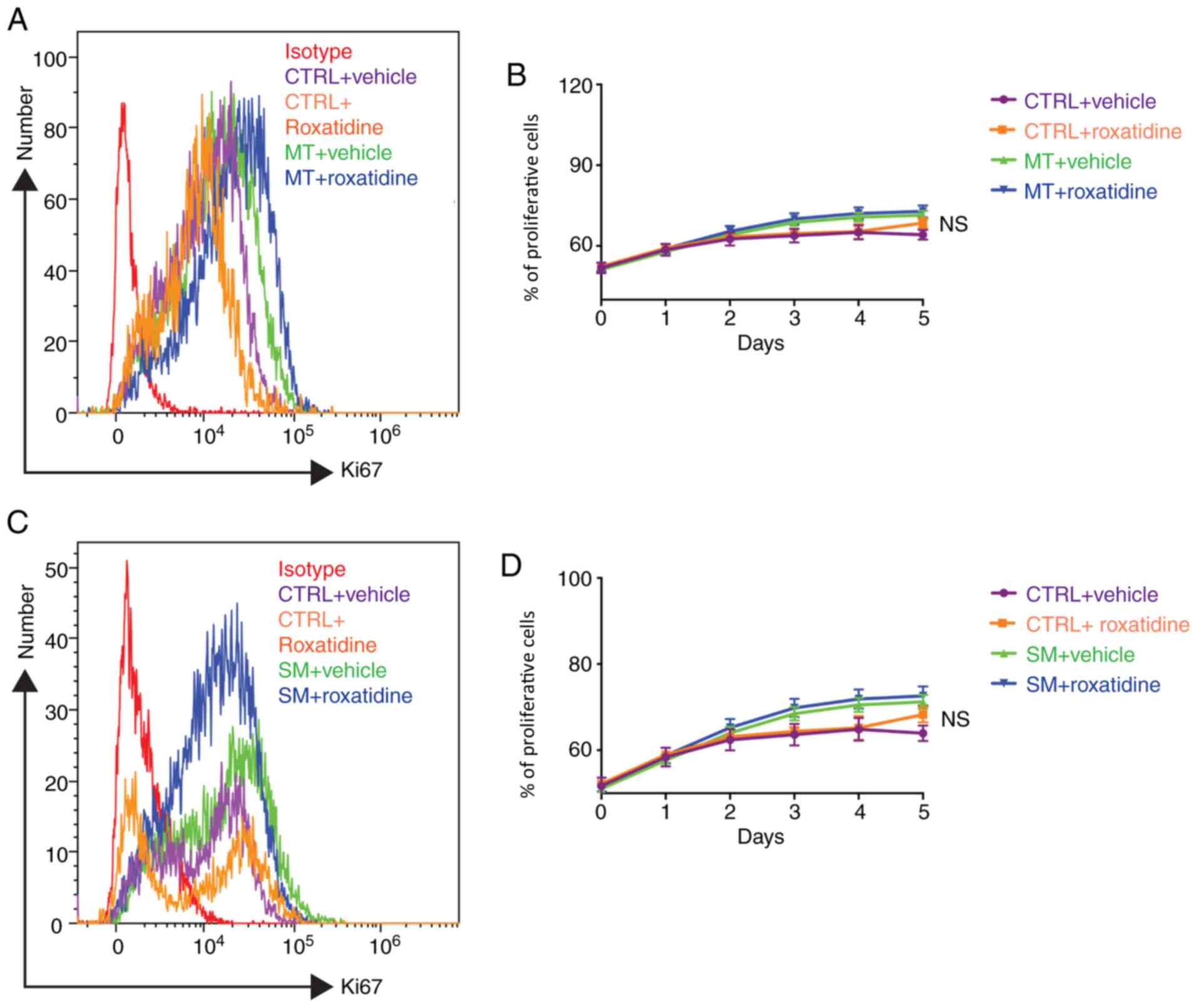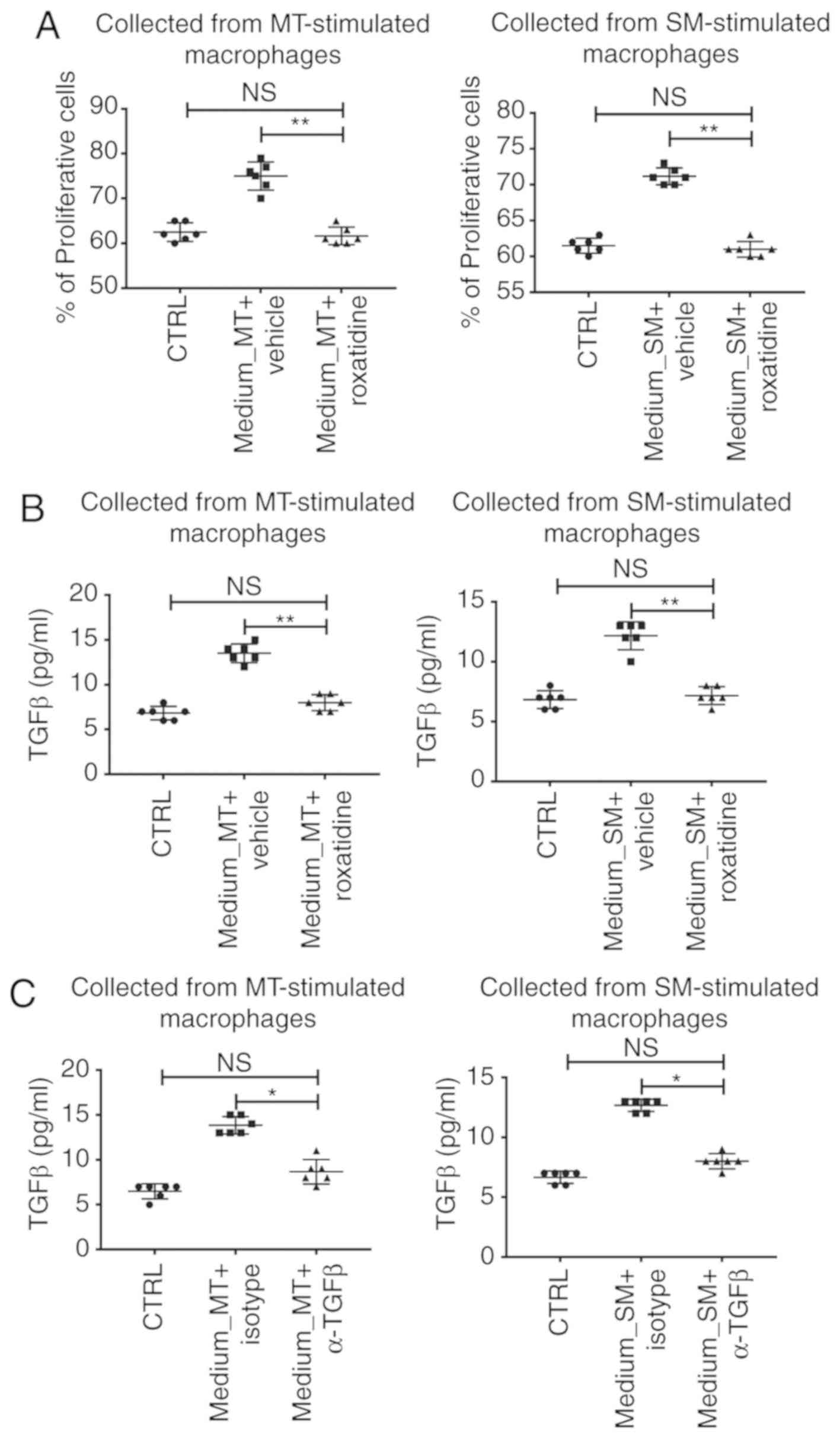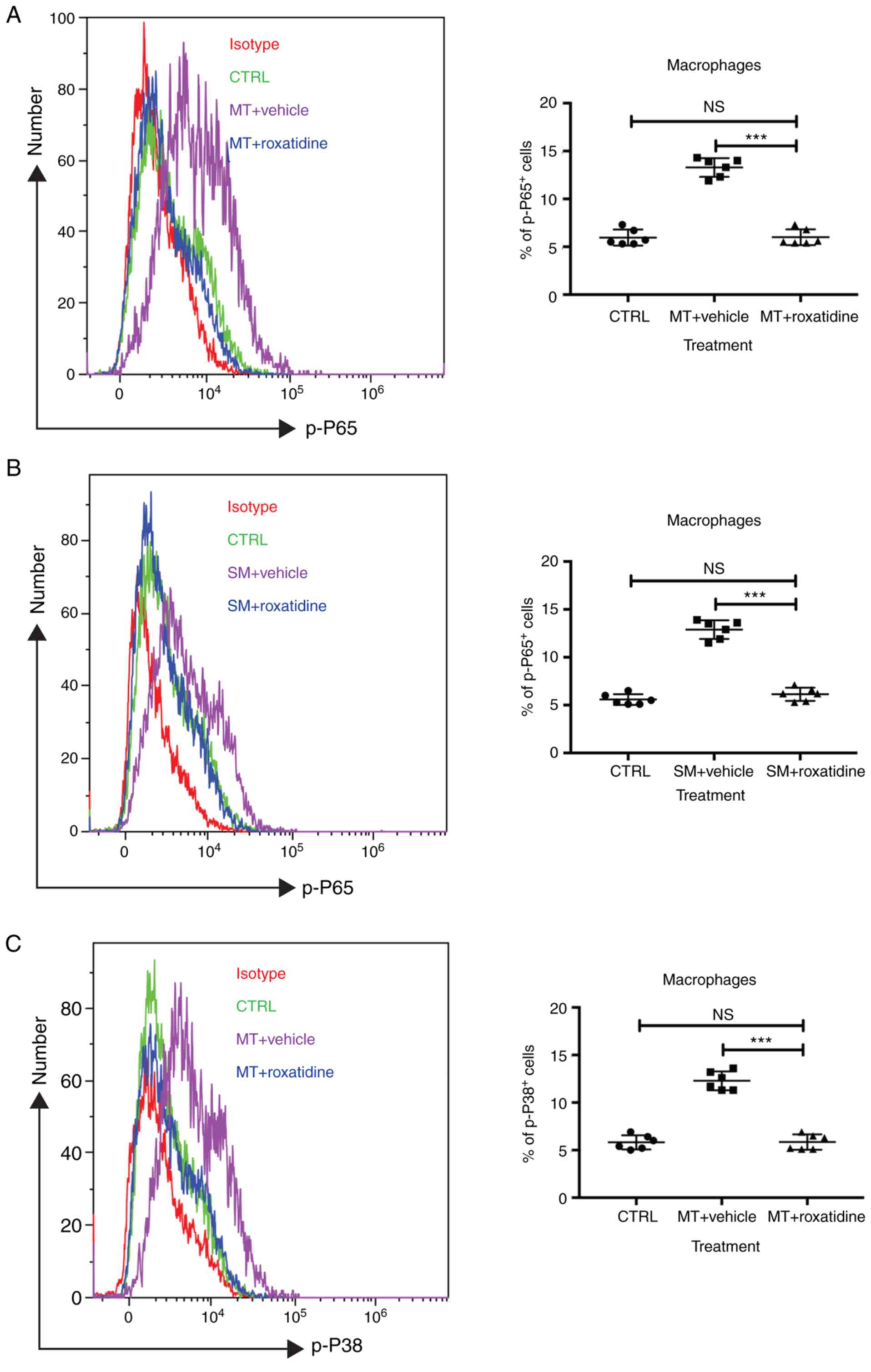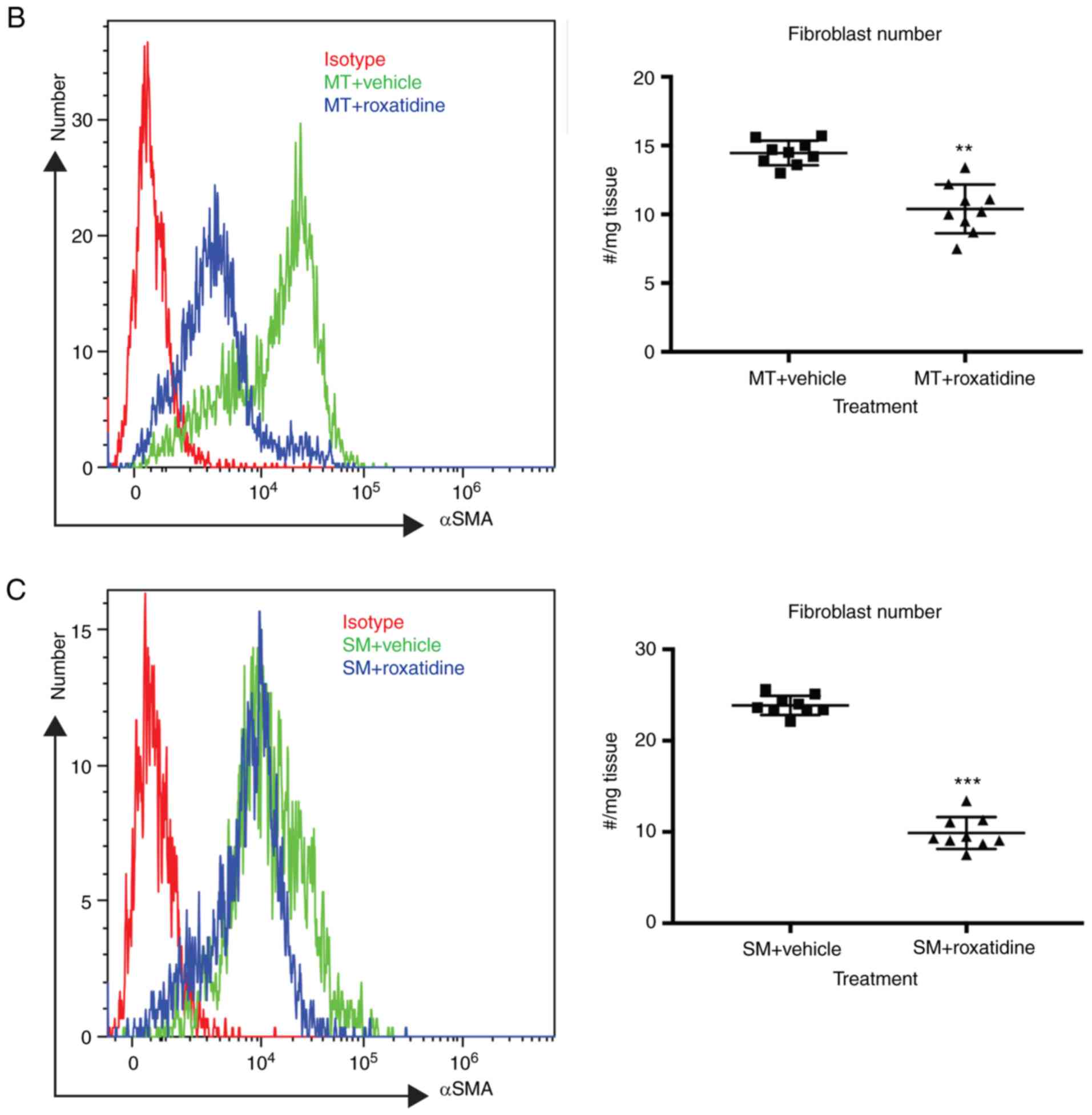|
1
|
Vegas MR and Martin del Yerro JL:
Stiffness, compliance, resilience, and creep deformation:
Understanding implant-soft tissue dynamics in the augmented breast:
Fundamentals based on materials science. Aesthetic Plast Surg.
37:922–930. 2013. View Article : Google Scholar : PubMed/NCBI
|
|
2
|
Johnson M: Breast implants: History,
safety, and imaging. Radiol Technol. 84:439M–520M. 2013.PubMed/NCBI
|
|
3
|
Cassileth L, Kohanzadeh S and Amersi F:
One-stage immediate breast reconstruction with implants: A new
option for immediate reconstruction. Ann Plast Surg. 69:134–138.
2012. View Article : Google Scholar : PubMed/NCBI
|
|
4
|
Cappellano G, Ploner C, Lobenwein S,
Sopper S, Hoertnagl P, Mayerl C, Wick N, Pierer G, Wick G and
Wolfram D: Immunophenotypic characterization of human T cells after
in vitro exposure to different silicone breast implant surfaces.
PLoS One. 13:e01921082018. View Article : Google Scholar : PubMed/NCBI
|
|
5
|
Headon H, Kasem A and Mokbel K: Capsular
contracture after breast augmentation: An update for clinical
practice. Arch Plast Surg. 42:532–543. 2015. View Article : Google Scholar : PubMed/NCBI
|
|
6
|
Namnoum JD, Largent J, Kaplan HM, Oefelein
MG and Brown MH: Primary breast augmentation clinical trial
outcomes stratified by surgical incision, anatomical placement and
implant device type. J Plast Reconstr Aesthet Surg. 66:1165–1172.
2013. View Article : Google Scholar : PubMed/NCBI
|
|
7
|
Little G and Baker JL Jr: Results of
closed compression capsulotomy for treatment of contracted breast
implant capsules. Plast Reconstr Surg. 65:30–33. 1980. View Article : Google Scholar : PubMed/NCBI
|
|
8
|
Adams WP Jr: Capsular contracture: What is
it? What causes it? How can it be prevented and managed? Clin Plast
Surg. 36119–126. (vii)2009.PubMed/NCBI
|
|
9
|
Barnsley GP, Sigurdson LJ and Barnsley SE:
Textured surface breast implants in the prevention of capsular
contracture among breast augmentation patients: A meta-analysis of
randomized controlled trials. Plast Reconstr Surg. 117:2182–2190.
2006. View Article : Google Scholar : PubMed/NCBI
|
|
10
|
Kuriyama E, Ochiai H, Inoue Y, Sakamoto Y,
Yamamoto N, Utsumi T, Kishi K, Okumoto T and Matsuura A:
Characterization of the capsule surrounding smooth and textured
tissue expanders and correlation with contracture. Plast Reconstr
Surg Glob Open. 5:e14032017. View Article : Google Scholar : PubMed/NCBI
|
|
11
|
Tan KT, Wijeratne D, Shih B, Baildam AD
and Bayat A: Tumour necrosis factor-alpha expression is associated
with increased severity of periprosthetic breast capsular
contracture. Eur Surg Res. 45:327–332. 2010. View Article : Google Scholar : PubMed/NCBI
|
|
12
|
Prantl L, Angele P, Schreml S, Ulrich D,
Poppl N and Eisenmann-Klein M: Determination of serum fibrosis
indexes in patients with capsular contracture after augmentation
with smooth silicone gel implants. Plast Reconstr Surg.
118:224–229. 2006. View Article : Google Scholar : PubMed/NCBI
|
|
13
|
Wolfram D, Rainer C, Niederegger H, Piza H
and Wick G: Cellular and molecular composition of fibrous capsules
formed around silicone breast implants with special focus on local
immune reactions. J Autoimmun. 23:81–91. 2004. View Article : Google Scholar : PubMed/NCBI
|
|
14
|
Siggelkow W, Faridi A, Spiritus K, Klinge
U, Rath W and Klosterhalfen B: Histological analysis of silicone
breast implant capsules and correlation with capsular contracture.
Biomaterials. 24:1101–1109. 2003. View Article : Google Scholar : PubMed/NCBI
|
|
15
|
Brazin J, Malliaris S, Groh B, Mehrara B,
Hidalgo D, Otterburn D, Silver RB and Spector JA: Mast cells in the
periprosthetic breast capsule. Aesthetic Plast Surg. 38:592–601.
2014. View Article : Google Scholar : PubMed/NCBI
|
|
16
|
Martinez FO, Sica A, Mantovani A and
Locati M: Macrophage activation and polarization. Front Biosci.
13:453–461. 2008. View
Article : Google Scholar : PubMed/NCBI
|
|
17
|
Brodbeck WG, Voskerician G, Ziats NP,
Nakayama Y, Matsuda T and Anderson JM: In vivo leukocyte cytokine
mRNA responses to biomaterials are dependent on surface chemistry.
J Biomed Mater Res A. 64:320–329. 2003. View Article : Google Scholar : PubMed/NCBI
|
|
18
|
Brodbeck WG, Shive MS, Colton E, Nakayama
Y, Matsuda T and Anderson JM: Influence of biomaterial surface
chemistry on the apoptosis of adherent cells. J Biomed Mater Res.
55:661–668. 2001. View Article : Google Scholar : PubMed/NCBI
|
|
19
|
Cohen IK, Beaven MA, Horakova Z and Keiser
HR: Histamine and collagen synthesis in keloid and hypertrophic
scar. Surg Forum. 23:509–510. 1972.PubMed/NCBI
|
|
20
|
Zdolsek J, Eaton JW and Tang L: Histamine
release and fibrinogen adsorption mediate acute inflammatory
responses to biomaterial implants in humans. J Transl Med.
5:312007. View Article : Google Scholar : PubMed/NCBI
|
|
21
|
Sisti A, Tassinari J, Milonia L, Nisi G
and Grimaldi L: Comparison of allergan, mentor, and sientra
contoured cohesive gel breast implants: A single surgeon's 10-year
experience. Plast Reconstr Surg. 138:548e–549e. 2016. View Article : Google Scholar : PubMed/NCBI
|
|
22
|
Lee M, Lee NY, Chung KS, Cheon SY, Lee KT
and An HJ: Roxatidine attenuates mast cell-mediated allergic
inflammation via inhibition of NF-κB and p38 MAPK activation. Sci
Rep. 7:417212017. View Article : Google Scholar : PubMed/NCBI
|
|
23
|
Livak KJ and Schmittgen TD: Analysis of
relative gene expression data using real-time quantitative PCR and
the 2(-Delta Delta C(T)) method. Methods. 25:402–408. 2001.
View Article : Google Scholar : PubMed/NCBI
|
|
24
|
Wang T, Wei Y, Tian L, Song H, Ma Y, Yao
Q, Feng M, Wang Y, Gao M and Xue Y: C-C motif chemokine ligand 5
(CCL5) levels in gastric cancer patient sera predict occult
peritoneal metastasis and a poorer prognosis. Int J Surg.
32:136–142. 2016. View Article : Google Scholar : PubMed/NCBI
|
|
25
|
Frenkiel BA, Temple-Smith P, de Kretser D
and Southwick GJ: Follistatin and the Breast Implant Capsule. Plast
Reconstr Surg Glob Open. 5:e12582017. View Article : Google Scholar : PubMed/NCBI
|
|
26
|
Liu J, Sun D, He J, Yang C, Hu T, Zhang L,
Cao H, Tong AP, Song X, Xie Y, et al: Gastroprotective effects of
several H2RAs on ibuprofen-induced gastric ulcer in rats. Life Sci.
149:65–71. 2016. View Article : Google Scholar : PubMed/NCBI
|
|
27
|
Joseph J, Variathu KT and Mohanty M:
Mediatory role of interleukin-6 in alpha smooth muscle actin
induction and myofibroblast formation around silicone tissue
expander. J Biomed Mater Res A. 101:2967–2973. 2013. View Article : Google Scholar : PubMed/NCBI
|
|
28
|
Wynn TA and Ramalingam TR: Mechanisms of
fibrosis: Therapeutic translation for fibrotic disease. Nat Med.
18:1028–1040. 2012. View
Article : Google Scholar : PubMed/NCBI
|
|
29
|
Cho EJ, An HJ, Shin JS, Choi HE, Ko J, Cho
YW, Kim HM, Choi JH and Lee KT: Roxatidine suppresses inflammatory
responses via inhibition of NF-κB and p38 MAPK activation in
LPS-induced RAW 264.7 macrophages. J Cell Biochem. 112:3648–3659.
2011. View Article : Google Scholar : PubMed/NCBI
|
|
30
|
Shaw TJ and Martin P: Wound repair at a
glance. J Cell Sci. 122:3209–3213. 2009. View Article : Google Scholar : PubMed/NCBI
|
|
31
|
Gonzalez AC, Costa TF, Andrade ZA and
Medrado AR: Wound healing-A literature review. An Bras Dermatol.
91:614–620. 2016. View Article : Google Scholar : PubMed/NCBI
|
|
32
|
Katzel EB, Koltz PF, Tierney R, Williams
JP, Awad HA, O'Keefe RJ and Langstein HN: A novel animal model for
studying silicone gel-related capsular contracture. Plast Reconstr
Surg. 126:1483–1491. 2010. View Article : Google Scholar : PubMed/NCBI
|
|
33
|
Prantl L, Poppl N, Horvat N, Heine N and
Eisenmann-Klein M: Serologic and histologic findings in patients
with capsular contracture after breast augmentation with smooth
silicone gel implants: Is serum hyaluronan a potential predictor?
Aesthetic Plast Surg. 29:510–518. 2005. View Article : Google Scholar : PubMed/NCBI
|
|
34
|
Ulrich D, Lichtenegger F, Eblenkamp M,
Repper D and Pallua N: Matrix metalloproteinases, tissue inhibitors
of metalloproteinases, aminoterminal propeptide of procollagen type
III, and hyaluronan in sera and tissue of patients with capsular
contracture after augmentation with Trilucent breast implants.
Plast Reconstr Surg. 114:229–236. 2004. View Article : Google Scholar : PubMed/NCBI
|
|
35
|
Araco A, Caruso R, Araco F, Overton J and
Gravante G: Capsular contractures: A systematic review. Plast
Reconstr Surg. 124:1808–1819. 2009. View Article : Google Scholar : PubMed/NCBI
|
|
36
|
Dobranowski P and Sly LM: SHIP negatively
regulates type II immune responses in mast cells and macrophages. J
Leukoc Biol. 2018.(Epub ahead of print). View Article : Google Scholar : PubMed/NCBI
|
|
37
|
Huang CK and Handel N: Effects of
Singulair (montelukast) treatment for capsular contracture. Aesthet
Surg J. 30:404–408. 2010. View Article : Google Scholar : PubMed/NCBI
|
|
38
|
Schlesinger SL, Ellenbogen R, Desvigne MN,
Svehlak S and Heck R: Zafirlukast (Accolate): A new treatment for
capsular contracture. Aesthet Surg J. 22:329–336. 2002. View Article : Google Scholar : PubMed/NCBI
|
|
39
|
Veras-Castillo ER, Cardenas-Camarena L,
Lyra-Gonzalez I, Muñoz-Valle JF, Lucano-Landeros S, Guerrerosantos
J, Gonzalez-Ulloa B, Mercado-Barajas JL, Sanchez-Parada MG,
Azabache-Wennceslao R and Armendariz-Borunda J: Controlled clinical
trial with pirfenidone in the treatment of breast capsular
contracture: Association of TGF-β polymorphisms. Ann Plast Surg.
70:16–22. 2013. View Article : Google Scholar : PubMed/NCBI
|
|
40
|
Motosko CC, Khouri KS, Poudrier G, Sinno S
and Hazen A: Evaluating platelet-rich therapy for facial aesthetics
and alopecia: A critical review of the literature. Plast Reconstr
Surg. 141:1115–1123. 2018. View Article : Google Scholar : PubMed/NCBI
|
|
41
|
Stevens WG, Harrington J, Alizadeh K,
Berger L, Broadway D, Hester TR, Kress D, d'Incelli R, Kuhne J and
Beckstrand M: Five-year follow-up data from the U.S. clinical trial
for Sientra's U.S. Food and Drug Administration-approved Silimed(R)
brand round and shaped implants with high-strength silicone gel.
Plast Reconstr Surg. 130:973–981. 2012. View Article : Google Scholar : PubMed/NCBI
|
|
42
|
Hammond DC, Migliori MM, Caplin DA, Garcia
ME and Phillips CA: Mentor Contour Profile Gel implants: Clinical
outcomes at 6 years. Plast Reconstr Surg. 129:1381–1391. 2012.
View Article : Google Scholar : PubMed/NCBI
|















